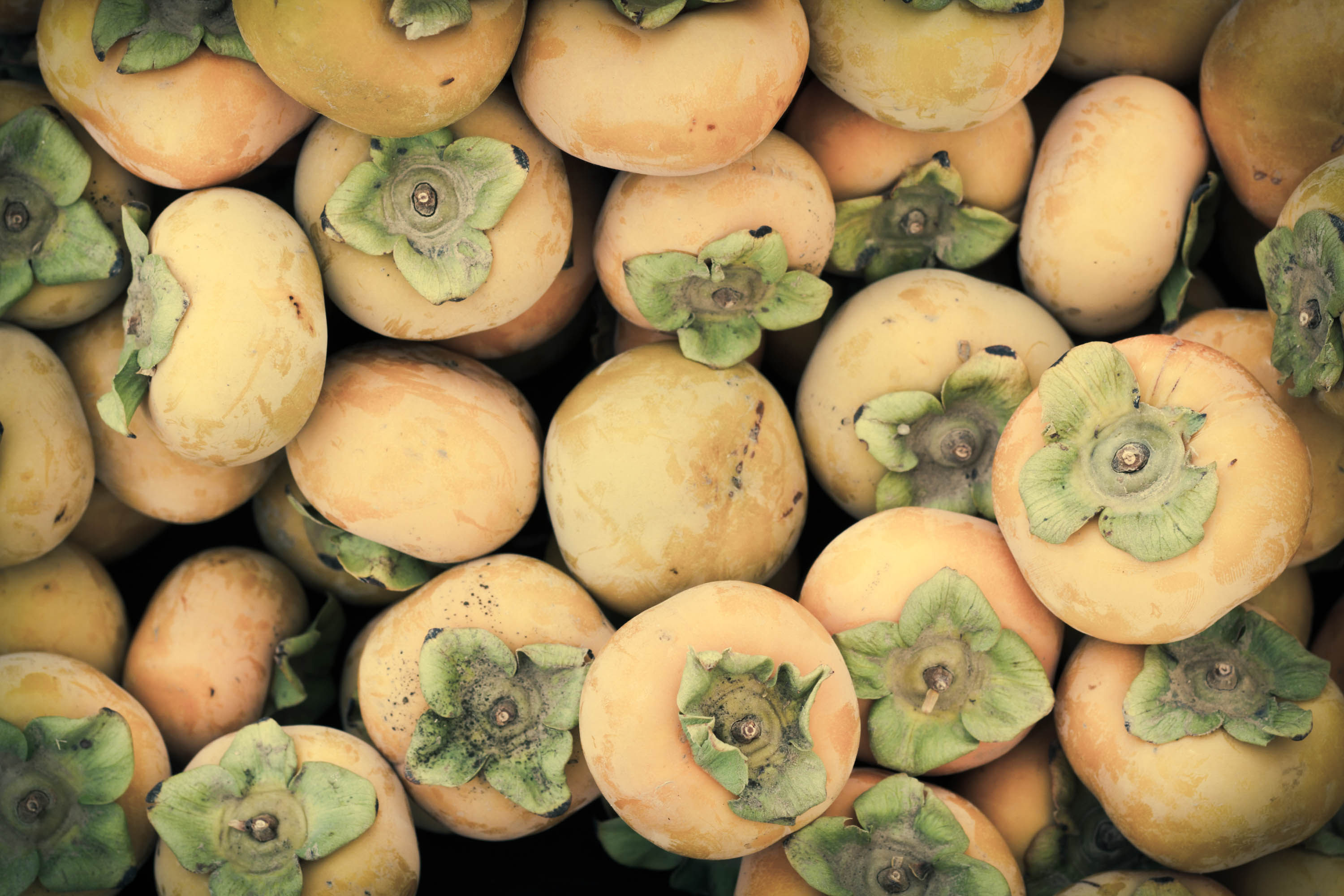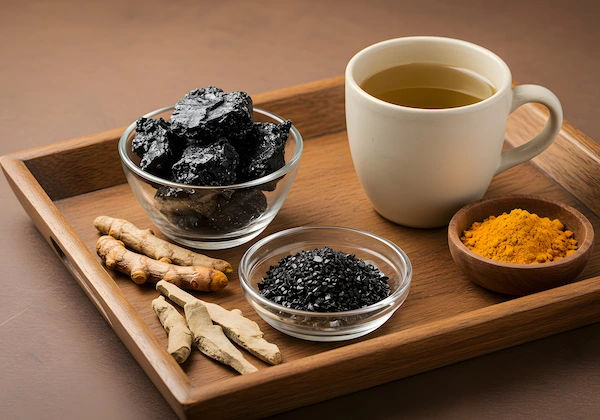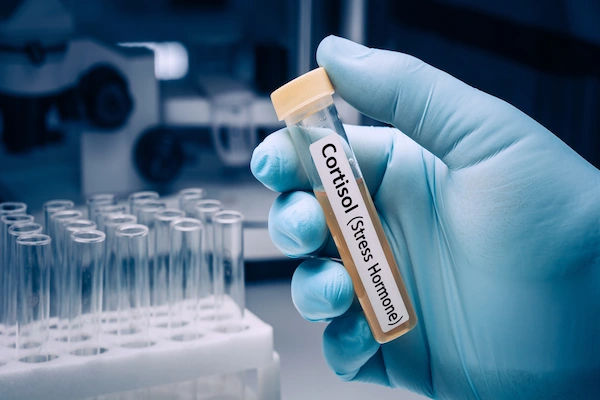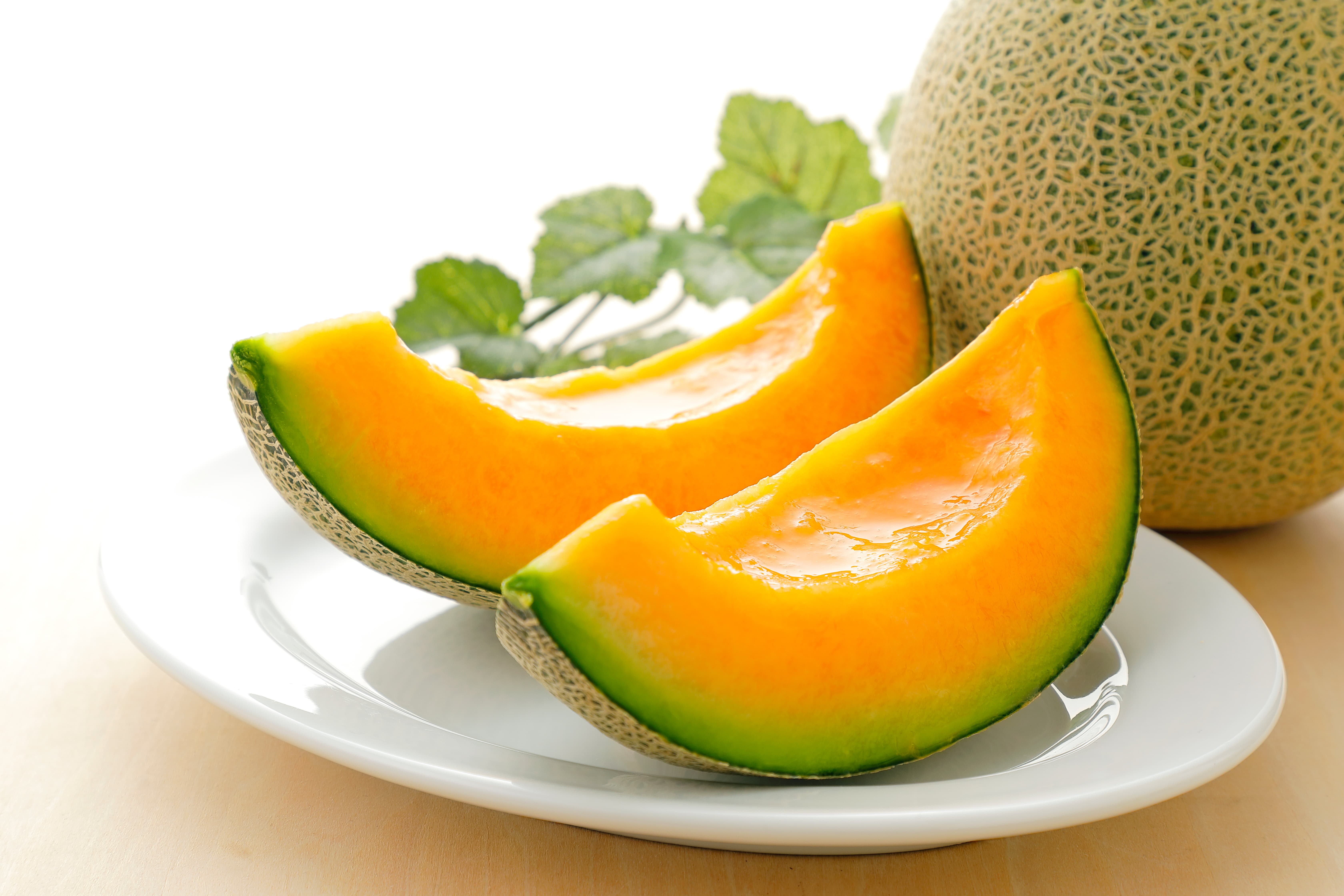Sabudana Nutritional Value and Dietary Advice
Learn about sabudana’s nutritional value, health benefits, and drawbacks. Get dietary tips for safe consumption, especially for diabetics and weight watchers.


Sabudana, also known as tapioca pearls, is a popular ingredient in Indian cuisine, especially during fasting periods like Navratri or Ekadashi. Made from the starch extracted from cassava roots, sabudana is a gluten-free and easily digestible food. While it’s commonly used in dishes like khichdi, kheer, and vada, many people wonder about its nutritional benefits and whether it’s a healthy addition to their diet.
In this article, we’ll explore the nutritional value of sabudana, its health benefits, potential drawbacks, and how to include it wisely in your meals.
Nutritional Value of Sabudana
Sabudana is primarily a source of carbohydrates, making it a quick energy booster. Here’s a breakdown of its nutritional content per 100 grams:
- Calories: ~350 kcal
- Carbohydrates: ~87 grams
- Protein: ~0.2 grams
- Fiber: ~0.9 grams
- Fat: ~0.1 grams
- Minerals: Small amounts of calcium, iron, and potassium
Sabudana is low in fat and protein but rich in starch, which makes it a good option for instant energy. However, due to its high glycemic index (GI), it can cause a rapid spike in blood sugar levels, so people with diabetes should consume it cautiously.
Health Benefits of Sabudana
1. Quick Source of Energy
Sabudana is packed with carbohydrates, making it an excellent food for instant energy. This is why it’s often recommended during fasting when people need easily digestible energy sources.
2. Gentle on Digestion
Since sabudana is light and easy to digest, it is often given to people recovering from illness or digestive issues. It can help soothe an upset stomach when prepared simply (like sabudana khichdi with minimal spices).
3. Gluten-Free Alternative
For those with gluten intolerance or celiac disease, sabudana is a safe option as it is naturally gluten-free.
4. Supports Bone Health
Sabudana contains small amounts of calcium and iron, which contribute to bone strength and hemoglobin production.
5. Good for Weight Gain
Due to its high-calorie content, sabudana can be beneficial for underweight individuals looking to gain weight healthily.
Potential Drawbacks of Sabudana
While sabudana has its benefits, there are a few things to keep in mind:
1. High in Carbs, Low in Protein & Fiber
Sabudana lacks sufficient protein and fiber, which are essential for muscle repair and digestion. Eating it alone may not keep you full for long.
Consult an Nutritionist for the best advice
2. May Spike Blood Sugar
Since sabudana has a high glycemic index, diabetics should consume it in moderation and pair it with protein or fiber-rich foods to balance blood sugar levels.
3. Low in Essential Nutrients
Unlike whole grains, sabudana does not provide significant vitamins or minerals. Relying on it as a staple food may lead to nutrient deficiencies.
Dietary Advice: How to Include Sabudana Wisely
To make the most of sabudana’s benefits while minimizing its drawbacks, follow these tips:
1. Pair with Protein & Fiber
Since sabudana lacks protein, combine it with ingredients like peanuts, yogurt, or paneer to make a balanced meal. For example:
- Sabudana Khichdi (with peanuts, potatoes, and cumin)
- Sabudana Kheer (with milk and nuts)
2. Opt for Healthy Cooking Methods
Avoid deep-frying sabudana (like in vadas). Instead, try boiling, steaming, or lightly sautéing it with minimal oil.
3. Control Portion Sizes
Since sabudana is calorie-dense, stick to small portions (around ½ to 1 cup per serving) to avoid excessive calorie intake.
4. Soak Properly Before Cooking
Always soak sabudana for 3-4 hours before cooking to improve digestibility and prevent bloating.
5. Best for Fasting, Not Everyday Meals
Sabudana is great for fasting days but should not replace whole grains like quinoa, oats, or brown rice in regular meals.
Who Should Avoid Sabudana?
- Diabetics: Due to its high glycemic index, it’s best consumed in small amounts.
- Weight Watchers: High in calories, so portion control is key.
- People with Digestive Issues: Overeating may cause bloating or constipation.
Final Thoughts
Sabudana is a versatile and energy-rich food, ideal for fasting or quick energy needs. However, due to its low protein and fiber content, it should be consumed mindfully. Pairing it with nuts, dairy, or vegetables can make it a more balanced meal.
If you have specific dietary concerns, such as diabetes or digestive problems, consulting a nutritionist can help you plan meals better. You can book a consultation with a dietitian on Apollo 24|7 for personalized dietary advice.
Consult an Nutritionist for the best advice
Consult an Nutritionist for the best advice

Ms. Neelanjana J
Dietician
5 Years • Bsc., Msc. Nutrition and Dietetics specialised general weight management, PCOS/PCOD weight loss and Diabetes management. A clinical dietitian with 4+ year experience specializing in evidence-based, result-oriented nutrition therapy. I have extensive experience in weight loss, thyroid management, PCOD/PCOS, weight gain, and diabetes & prediabetes care. My approach is personalized, practical, and sustainable—focusing on helping individuals achieve long-term lifestyle change rather than quick fixes. I work closely with clients to understand their medical history, lifestyle, and goals, and then design customized diet plans that support hormonal balance, metabolic health, and overall wellbeing. My goal is to make nutrition simple, realistic, and effective—so you see measurable results and feel your healthiest self.Auther in Health benefits of jackfruit (Artocarpus heterophyllus Lam.) seeds: A review (2023) The Pharma Innovation Journal Co- Auther in Malnutrition in Women: A review (2023) The Pharma Innovation Journal. Highfield Level 3 in HACCP. Highfield Level 4 International Award in Food Safety Managment
Bengaluru
Apollo Clinic, JP nagar, Bengaluru

Ms. Soma Saha
clinical nutrition
17 Years • B.Sc. - Home Science (Food & Nutrition), M.Sc. - Home Science (Food & Nutrition)
Kolkata
Dr Utsa Basu Clinic, Kolkata
(50+ Patients)

Ms. Sushma Jaiswal
Dietician
42 Years • M.Sc.(Food & Nutrition)
Bengaluru
Swasthya Nutrition, Bengaluru

Dr. Ramalinga Reddy
General Physician
5 Years • MBBS MD General medicine
Bengaluru
PRESTIGE SHANTHINIKETAN - SOCIETY CLINIC, Bengaluru

Ms Swastika Guha
clinical nutrition
3 Years • MSc Food Science Nutrition & Dietetics
Chennai
Apollo Sugar Clinics , Greams Road, Chennai
Consult an Nutritionist for the best advice

Ms. Neelanjana J
Dietician
5 Years • Bsc., Msc. Nutrition and Dietetics specialised general weight management, PCOS/PCOD weight loss and Diabetes management. A clinical dietitian with 4+ year experience specializing in evidence-based, result-oriented nutrition therapy. I have extensive experience in weight loss, thyroid management, PCOD/PCOS, weight gain, and diabetes & prediabetes care. My approach is personalized, practical, and sustainable—focusing on helping individuals achieve long-term lifestyle change rather than quick fixes. I work closely with clients to understand their medical history, lifestyle, and goals, and then design customized diet plans that support hormonal balance, metabolic health, and overall wellbeing. My goal is to make nutrition simple, realistic, and effective—so you see measurable results and feel your healthiest self.Auther in Health benefits of jackfruit (Artocarpus heterophyllus Lam.) seeds: A review (2023) The Pharma Innovation Journal Co- Auther in Malnutrition in Women: A review (2023) The Pharma Innovation Journal. Highfield Level 3 in HACCP. Highfield Level 4 International Award in Food Safety Managment
Bengaluru
Apollo Clinic, JP nagar, Bengaluru

Ms. Soma Saha
clinical nutrition
17 Years • B.Sc. - Home Science (Food & Nutrition), M.Sc. - Home Science (Food & Nutrition)
Kolkata
Dr Utsa Basu Clinic, Kolkata
(50+ Patients)

Ms. Sushma Jaiswal
Dietician
42 Years • M.Sc.(Food & Nutrition)
Bengaluru
Swasthya Nutrition, Bengaluru

Dr. Ramalinga Reddy
General Physician
5 Years • MBBS MD General medicine
Bengaluru
PRESTIGE SHANTHINIKETAN - SOCIETY CLINIC, Bengaluru

Ms Swastika Guha
clinical nutrition
3 Years • MSc Food Science Nutrition & Dietetics
Chennai
Apollo Sugar Clinics , Greams Road, Chennai




